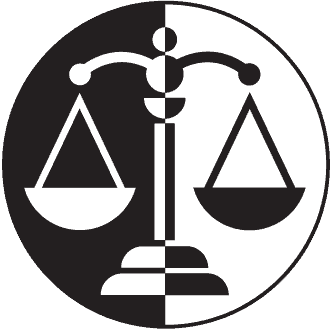Unlike alimony, child support is not taxable to the recipient and it is not deductible by the person paying it.
There are, however, many tax issues related to child support that you need to consider whether you have to go to court to resolve child support or if it is settled by agreement. Here are some common questions I get asked about child support and taxes.
Q: Who gets to claim the child on taxes?
A: The IRS says that the parent who has custody for more than half the year gets to claim a child.
Q: Since I pay child support, shouldn’t I get to claim the child on my taxes?
A: No. The North Carolina child support guideliens are drafted in a way that the amount of child support is calculated on the assumption that the child support recipient claims the child on his or her taxes.
Q: If I pay child support, can I ask the court to allow me to claim a child on my taxes?
A: Yes. In some circumstances the district court judge in North Carolina may allow the payor of child support to claim the child on his or her taxes.
Q: Does the recipient of child support have to show it as income on her taxes?
A: No.
Q: If I pay child support, may I deduct it?
A: No.
Q: What if my spouse or ex-spouse and I both claim the children on our separate tax returns?
A: One or both of you will have a problem with the IRS.
Q: What if we have an agreement that allows one parent to claim the children?
A: That is acceptable, but the spouse giving up the right to claim a child may need to sign an IRS form. The form is IRS form number 8332.
____________________
Raleigh divorce attorney Scott Allen handles modification of custody, child custody,child support, and temporary custody hearings and has over seventeen years of experience.
If you have questions or need assistance call him at (919) 863-4183 or email at sallen@allenspence.com.

